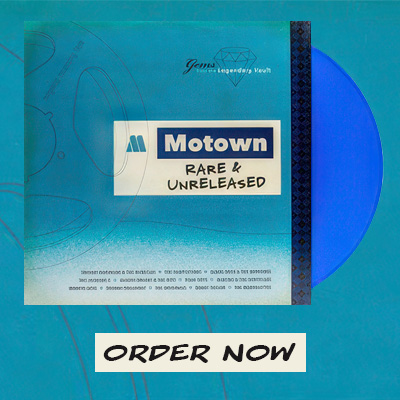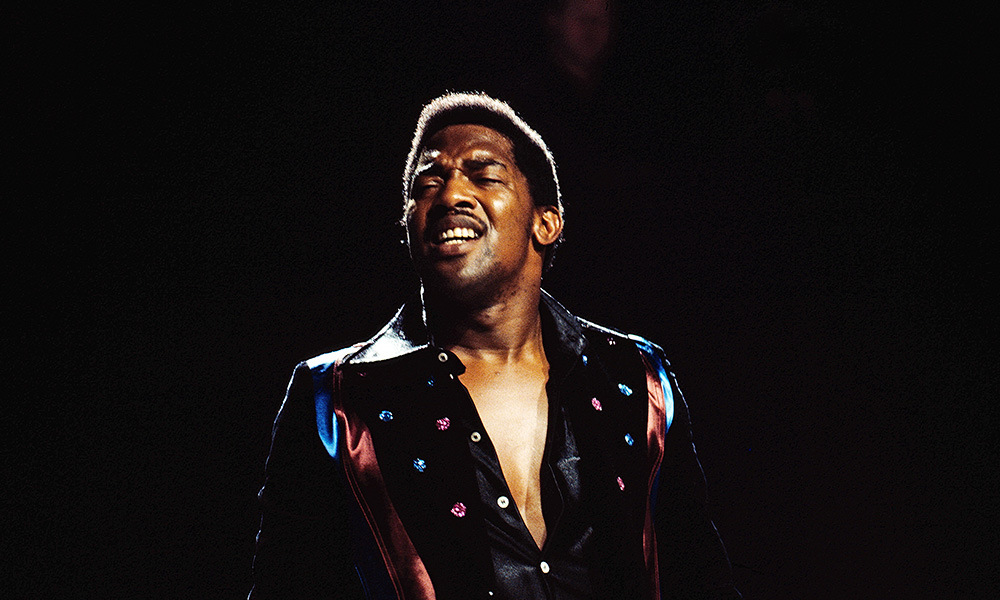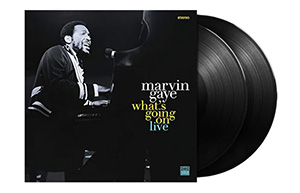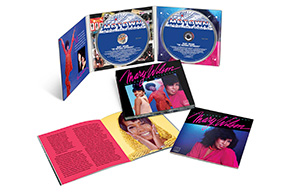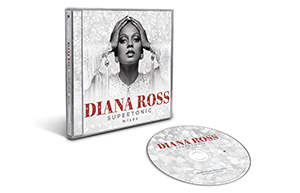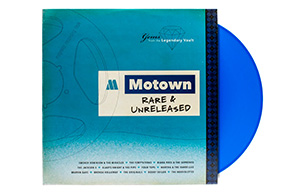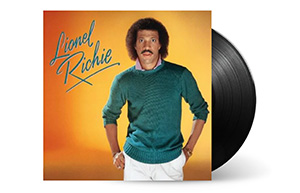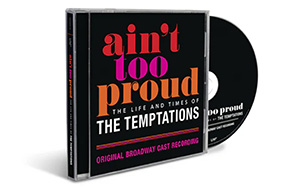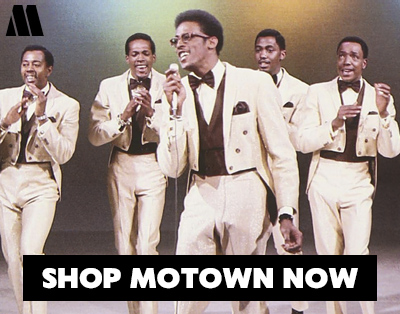Edwin Starr “War”
Reaches its No. 3 peak on the U.K. charts for the week ending Saturday, November 14, 1970.
On the day that Edwin Starr’s “War” was released in June 1970, two Detroiters in their twenties were jailed for five years for ransacking a Chicago draft board office and burning its records – yet another example of the anger and rebellion which America’s prosecution of the Vietnam war was continuing to stir among the country’s young. The artists of Motown were hardly known at that time for social commentary and controversial material, but Starr had no superstar reputation to put at risk when he cut the song in May 1970.
By contrast, the Temptations did, and the record company was concerned about how such a provocative lyric would affect their career and play in the media. The group had recorded the song just a few months earlier, for their Psychedelic Shack album. According to author Gerri Hirshey in her book Nowhere To Run, more than 4,000 students then wrote to Motown asking for “War” to be released as a single, or re-recorded by another artist. After producer Norman Whitfield was told of the Temptations’ career risk, he focused on cutting the song first with Rare Earth – they refused – and then Starr.
Edwin was determined to stamp “War” with his own personality. “I said, ‘I can do this but I have to sing the vocals my way,’” he recalled in liner notes for The Complete Motown Singles Volume 10: 1970. “I have to do what I feel. So…‘Good God y’all’ and all those ‘Absolutely nothings’ are my ad-libs.” Later, Starr acknowledged the criticism he received. “I got a little heat for it. While the song was number one, I never did any work at all. I mean, there was very few places where you could go and sing, ‘War – what is it good for’ in the political atmosphere of the United States.”
And yet the message resonated at home and abroad, including the U.K., where Edwin scored a major hit two months after the record was victorious at home. One of Motown’s seven Number Ones on the Billboard Hot 100 in 1970, “War” also became Starr’s signature song. Later, it was later inducted into the Grammy Hall of Fame and the Rock & Roll Hall of Fame. Unlike the conflict it described, this particular recording was good for something, after all.
The universal message of “War” was a guarantee that it would be performed by many other artists, long after the Vietnam conflict was over. The best-known? Almost certainly the in-concert version heard on Bruce Springsteen & the E Street Band’s Live 1975-1985 album, but others who have remade the song include two British bands, Frankie Goes To Hollywood and the Jam, and, in 2016, American rockers Black Stone Cherry. Other foreigners have turned to “War,” too, including Sweden’s Hexenhaus and Slovenia’s Laibach. In 2002, Joan Osborne rendered the song as a powerful ballad for her album, How Sweet It Is. Most recently, the brassy Brussels Jazz Orchestra turned in an interpretation which was mostly instrumental, with just the occasional blast of the lyrical hook. Until the human activity the song describes becomes history, someone will always make “War.”
Like his Motown labelmate Jimmy Ruffin, Edwin Starr found greater popularity in the U.K. in the 1970s and ’80s than at home. A reissue of his pre-Motown hit, “Stop Her On Sight (SOS)” had come close to the British Top 10 in 1968; eleven years later, he scored back-to-back U.K. Top 10 singles with two post-Motown tracks, “Contact” and “H.A.P.P.Y. Radio.” Starr was hugely popular on the “Northern Soul” circuit, and always able to draw crowds, so it was no surprise when in 1983, he relocated to England – and worked harder than ever. When Bruce Springsteen played the city of Birmingham during his 1999 U.K. tour, who should join him on stage but Edwin? The song they performed together is not hard to guess.




